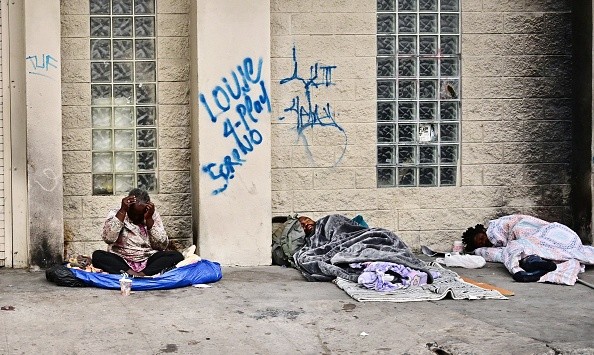
On Monday, the US Supreme Court justices appeared to be sharply divided about whether to give communities additional authority to prohibit homeless encampments on sidewalks and other public spaces.
Three of the judges said they were wary about granting cities unrestricted authority to use arrests and fines to punish homeless people who are sleeping outside.
Judge Elena Kagan said that sleeping is a biological necessity. She told a lawyer representing the city of Grants Pass, Oregon, that it seems like they are criminalizing homelessness.
However, Chief Justice John G. Roberts Jr. and other conservatives disagreed that homelessness merits constitutional protection.
Roberts said people can be homeless for one week and find shelter the following week. He added that people can move into and out of that status.
He was also questioned why justices or judges should decide how to address homelessness rather than city officials.
Furthermore, he asked one attorney, "Why would you think these nine people are the best to judge and weigh those policy judgments?"
The justices and attorneys debated for more than two hours on whether homeless people should be protected from city laws that may penalize them for not having a place to sleep.
Los Angeles-based attorney Theane Evangelis, representing the Oregon city, claimed that 9th Circuit Court of Appeals rulings that found it unconstitutional for cities to impose fines or other penalties on homeless people who sleep outside were to blame for the worsening of the homelessness crisis in the West. No other appellate court in the country has adopted a similar stance.
Evangelis said that cities should have the authority to impose laws restricting where people can camp and sleep, and she urged the justices to end the 9th Circuit's failed experiment.
Homeless advocates expressed concern that if Grants Pass were upheld, local governments would be able to criminalize impoverished people sleeping outside.
The judges will vote on the case's resolution at their closed-door meeting on Thursday. A ruling is expected to be made by the end of June.








